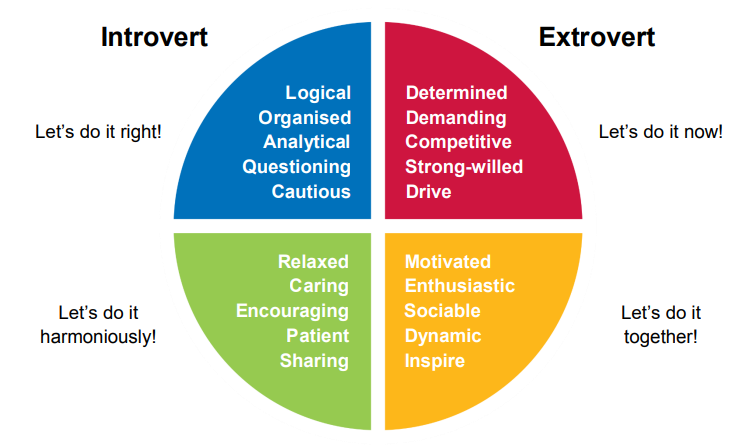So you’ve decided to get your driver’s license in the UK. Congratulations! Driving opens up so many opportunities and gives you a newfound sense of freedom. But before you can hit the open roads, you need to pass your theory test. This is the first hurdle to getting your license.
With some preparation, you can ace it. But how long should you spend studying? Let’s dive in and find out.
Study for Driving Theory Test in UK
The driving theory test focuses on the rules of the road, hazard perception, and case studies. It aims to assess your knowledge of driving safety. There are 50 multiple choice questions and a hazard perception video test. You need to score at least 43 out of 50 to pass. This means you can only get 7 questions wrong.
On average, it takes learner drivers 2-3 months to prepare for the theory test. But this varies hugely between individuals. It depends on your ability to absorb and retain information. Those who study intensively may be ready in a few weeks. Others may need longer to deeply understand all the material.
I recommend studying for at least one month. This gives you time to thoroughly cover the material without dragging out your preparation. But gauge your own progress and adjust accordingly. Some key factors that affect study time are covered next.
Your Background
Your existing knowledge can greatly impact prep time. If you’ve held a license abroad, you may breeze through studying. The rules of the road are largely similar worldwide. You’ll mostly need to brush up on any UK-specific driving regulations. In this case, one month of studying is likely sufficient.
However, if you’re a complete beginner, set aside more time. Driving rules and practices will be brand new concepts. Give yourself at least six weeks to absorb all the material. Rushing through it could lead to failing the test.
Absorption Rate
We all learn at different paces. How quickly you comprehend and retain the material will determine how long you need. If you find yourself struggling to remember concepts, dedicate more time to studying. Utilize techniques like summarizing key points or creating flashcards to help absorb the information.
On the other hand, if you’re a quick learner, a shorter study period may work. Gauge your progress with practice tests. If you’re scoring well, you may be able to book the test sooner. Just be sure you fully understand all aspects before booking. Rushing increases your chances of failing.
Study Schedule
Having a structured study plan prevents wasting time. Decide how many hours you will dedicate per week. Consistency is key. Cramming the night before your test is ineffective.
Spread out your study sessions to reinforce retention. Organize the material into sections like road signs, traffic laws, and hazard perception. Master one section at a time. Breaking it down makes the content less overwhelming.
Studying about 10 hours per week over one month provides enough time for most learners. Adjust this baseline depending on your needs and progress.
Practice for Driving Theory Tests
Practice tests are essential preparation. They help identify weak areas to focus your studying. They also reflect whether you are ready to pass the real test.
Aim to take at least 5 full practice theory tests under exam conditions. Time yourself and don’t look up answers. This simulates the actual test environment. Review any questions you struggled with. Continue taking practice tests until you can reliably pass with a strong score.
Study Materials for UK Driving Theory Test
Using high-quality study materials saves time. The Official DVSA Theory Test Kit provides real test questions and explanations. Invest in this to ensure you are studying relevant content.
You can also supplement with online practice tests and apps. Test your knowledge on the go with theory test apps. Online tools provide instant results and highlight areas for improvement.
Consider taking online courses as well. Structured video lessons provide all the information you need. Look for courses accredited by the DVSA. They align directly with the actual test.
Classes and Instructors
Take advantage of classes and instructors if you can. Having an expert guide you through material accelerates learning. They can explain concepts clearly and answer any questions.
Many driving schools offer theory test classes. These cover all aspects of the test in a structured manner. Attending classes adds structure to your study plan.
You can also hire a private theory test instructor. An instructor provides one-on-one attention to focus on your weak areas. If you are struggling to self-study, individual tutoring prevents wasting time.
Study Groups
Studying with others has benefits too. You can quiz each other and discuss concepts. Explaining answers out loud improves retention and reveals knowledge gaps.
Study groups hold each other accountable. You are less likely to procrastinate when others are expecting you to show up. Surrounding yourself with motivated individuals increases your own drive.
Ask friends also studying for the test to join you. Or join local theory test meetup groups. Collaborative studying makes preparation more engaging and efficient.
Essential Mindset
Your mindset and motivation impact your prep duration. Approach studying with determination and self-discipline. When you are focused and driven, you absorb material quicker.
Eliminate distractions during study sessions. Put away your phone and avoid social media. Train your brain to focus for set periods. This mental endurance will also be required during the real test.
Most importantly, believe in yourself. Have confidence that consistent practice will have you passing the test in no time. Stay positive and don’t get discouraged. You’ve got this!
In Summary
Preparing for your theory test requires dedication and diligent studying. Follow these tips to optimize your study time:
- Plan for at least one month of preparation
- Set a consistent weekly study schedule
- Study smart by utilizing resources like practice tests, classes, and study groups
- Remain focused and motivated
With commitment and smart preparation, you will be ready to ace that test. You’ve got this future driver! Consistent practice is the key to success. Now get out there and hit the books. Your license is within reach.



